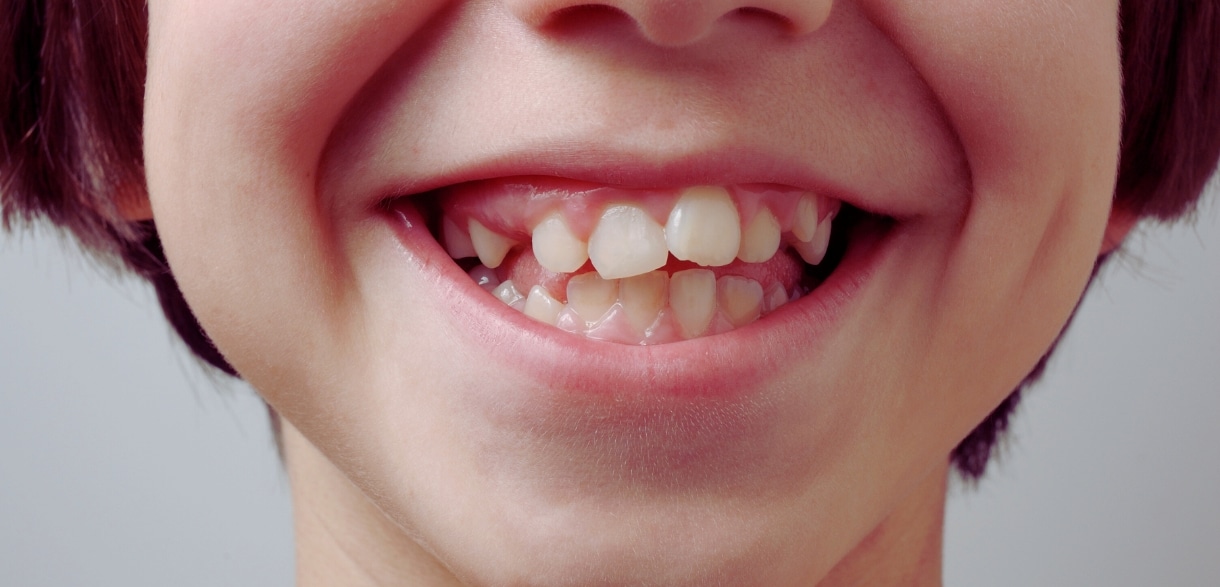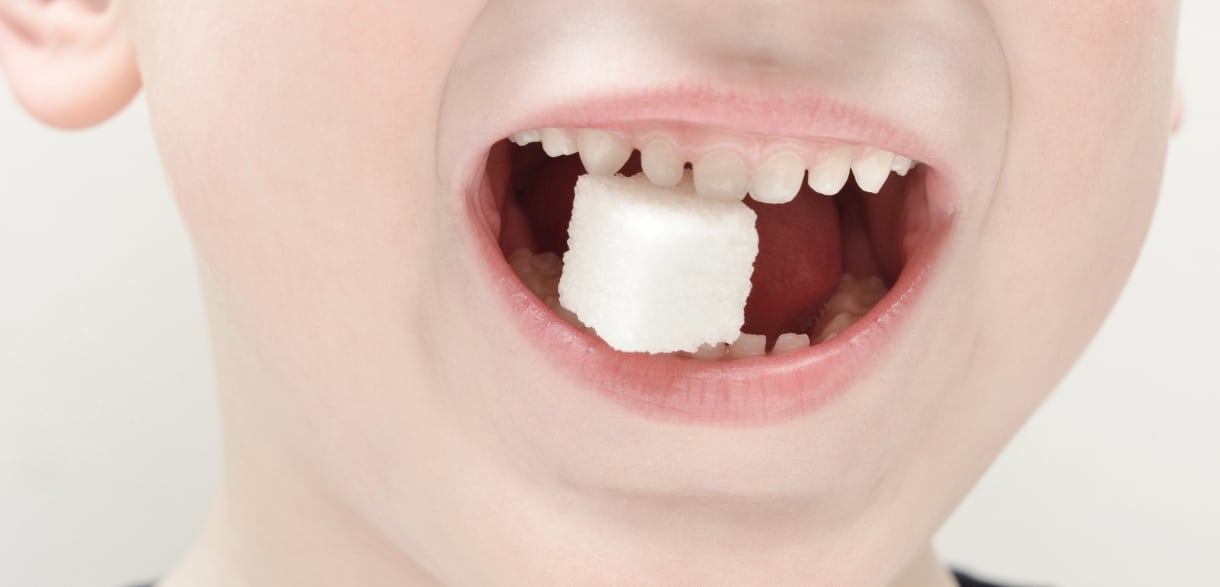All You Need To Know About Baby Bottle Tooth Decay

Do you know what tooth decay from a baby bottle is? It is pretty frequent among infants and necessitates prompt medical intervention. It could lead to a range of dental health issues in the long run. This blog contains all of the information on baby bottle tooth decay supplied by our pediatric dentists at Jupiter Kids Dentistry & Orthodontics.
What Is Baby Bottle Tooth Decay?
Even if they are only temporary, your child’s baby teeth are essential, still susceptible to cavities. Early Childhood Caries, often known as Baby Bottle Tooth Decay, is a term for tooth decay in newborns and babies. Children need strong, healthy teeth to chew food, speak correctly, and smile pleasantly. Their baby teeth aid in the appropriate eruption of their adult teeth. To protect their teeth for many years, it’s critical to start basic oral hygiene with infants. More information about this is available from your Allen dentist.
What Causes Baby Bottle Tooth Decay?
- Many things can bring on tooth decay. A common culprit is regularly exposing the baby’s teeth to sugary liquids for an extended period. Tooth decay can occur when a bottle is used as a pacifier for a fussy baby or when the baby is put to bed with a bottle.
- Cavity-causing microorganisms can be passed on from the mother (or primary caregiver) to the child, causing tooth decay. Bacteria may be transferred to the infant when a mother puts the baby’s feeding spoon or cleans a pacifier in her mouth. Saliva can act as a vehicle for bacteria to transfer from one person to the next.
- If your baby or toddler doesn’t get enough fluoride, tooth decay is more likely. The good news is that deterioration can be avoided. Consult your pediatric dentist in Allen for more information on fluoride.
How To Prevent Baby Bottle Tooth Decay?
Your favorite Allen dentist has advised you to keep your child’s teeth healthy.
- It is not good to share saliva with the newborn by using conventional feeding spoons or licking pacifiers. After each meal, wipe your child’s gums with a clean, damp gauze pad or washcloth.
- Brush your child’s teeth gently till they are three years old with a child-size toothbrush and a dab of fluoride toothpaste.
- Children should brush their teeth with a pea-sized amount of fluoride toothpaste from three to six.
- Brushing should be done under supervision until your child can be trusted to spit out the toothpaste and not swallow it, usually not before the age of 6 or 7.
- Only formula milk or breast milk should be used in bottles. It’s not good to fill the bottle with liquids like sugar, water, juice, or soft drinks.
- Babies should drink their bedtime and naptime bottles before going to bed.
- If your child uses a pacifier, make sure it’s clean and not soaked in sugar or honey.
- Please encourage your child to drink from a cup by the time they turn one.
- Encourage your child to eat a nutritious diet.
We hope this blog has helped you to learn more about baby bottle tooth decay. Book an appointment with us at Jupiter Kids Dentistry & Orthodontics if you are looking for the best pediatric dentistry services in Allen, TX.


